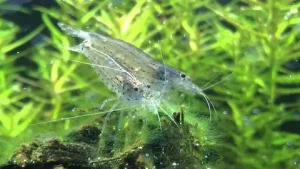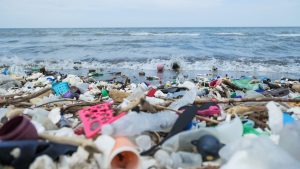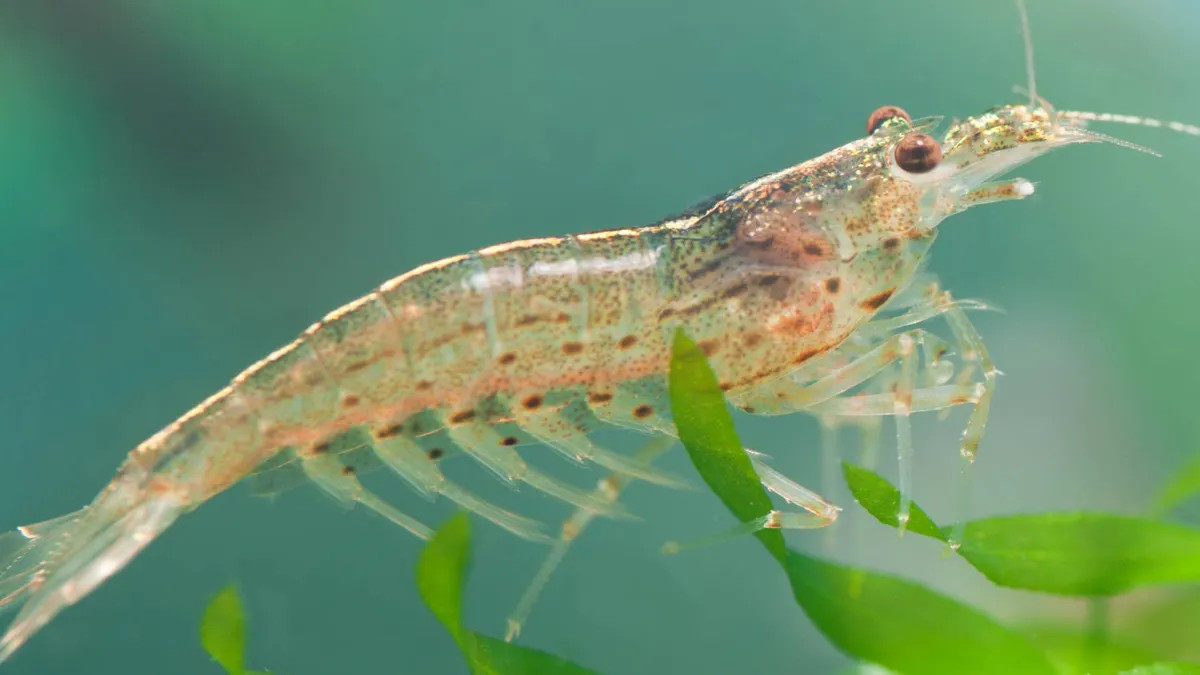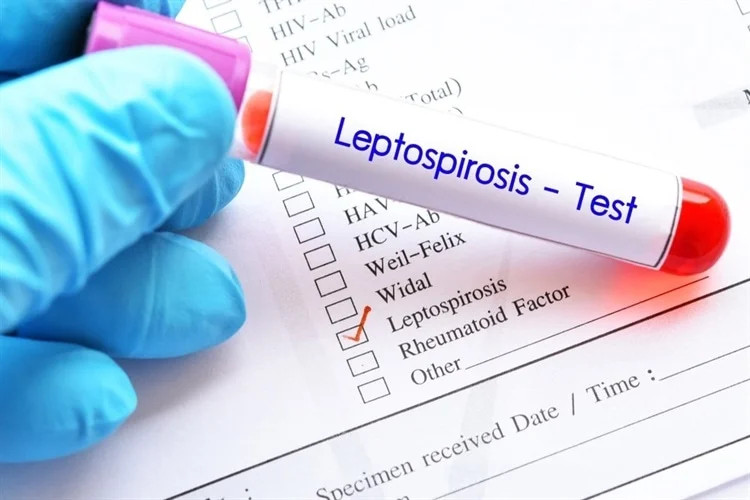The impact of plastic pollution on marine life is a significant and concerning issue. Plastic waste can have detrimental effects on marine ecosystems, including ingestion by marine animals, entanglement, habitat destruction, and the introduction of harmful chemicals. These factors can disrupt the reproductive processes and overall health of aquatic species.
Currently, plastic waste has become a severe problem for our oceans, resulting in many animals dying from getting caught in it. Now, new research is indicating it may even be stopping them from reproducing. A novel study from the University of Portsmouth has found that the chemicals seeping from discarded plastics have been compromising the ability of certain shrimp-like creatures to mate and the consequences may be dire.
 This unsuccessful mating behavior has serious repercussions, not only for the species being tested but potentially for the population as a whole. These animals form pairs to reproduce. Once they were exposed to a chemical, they would break apart from their mate and take much longer -in some cases days – to repair, and sometimes not at all,”
This unsuccessful mating behavior has serious repercussions, not only for the species being tested but potentially for the population as a whole. These animals form pairs to reproduce. Once they were exposed to a chemical, they would break apart from their mate and take much longer -in some cases days – to repair, and sometimes not at all,”
Reducing plastic pollution through proper waste management, recycling, and sustainable practices is crucial to safeguarding marine ecosystems and the organisms that inhabit them. Numerous initiatives and campaigns should be emphasized globally to address the issue of plastic pollution and promote a healthier environment for aquatic life.

More information:
Loukia Papadopoulos (2023). Aquatic creatures are refusing to have sex because of plastic waste. Interesting Engineering Newsletters
The Department of Animal, Aquaculture, and Range Sciences
The College of Agriculture, Sokoine University of Agriculture
Share this page




